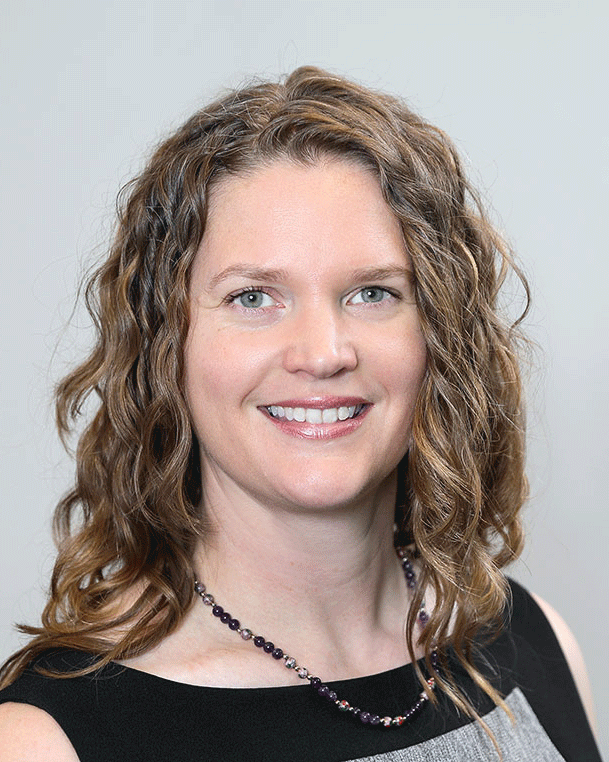Jill Koshiol Awarded Scientific Tenure by the NIH
, by DCEG Staff
In September 2020, Jill Koshiol, Ph.D., was awarded scientific tenure by the NIH and promoted to senior investigator in the Infections and Immunoepidemiology Branch. Dr. Koshiol studies the etiology of biliary tract cancers (BTCs), with aims to translate those findings into public health prevention measures.
Dr. Koshiol has established a series of field and analytical studies to investigate this set of rare cancers in high-risk populations around the world. Her work has identified associations between statins and BTC incidence and the effect of aspirin use on BTC survival. Her discovery of a significant and novel association between aflatoxin ingestion and risk of gallbladder cancer in two populations (Chile and China) led to the Chilean Ministry of Health testing for mycotoxins in commonly used spice blends. In January 2017, the Chilean government issued a public food alert and pulled one brand off the shelves due to high levels of contamination.
Gallbladder cancer is especially common in Chile, where it is a major cause of cancer mortality. Dr. Koshiol has built the largest cohort study of women with gallstones in the world, the Chile Biliary Longitudinal Study (Chile BiLS). This study is designed to better define factors that predict risk of progression from chronic inflammation to high-grade gallbladder dysplasia and cancer. In parallel, Dr. Koshiol established and leads the Biliary Tract Cancer Pooling Project (BiTCaPP), a consortium which leverages data from 28 international cohorts. This resource offers large numbers of cases and thus has the unique ability to evaluate BTC etiology through assessment of cancer risk across the biliary tract. She is also principal investigator of the Shanghai BTC study, a case-control study conducted in China. Dr. Koshiol has recently extended her interest in inflammation and immune response to hepatocellular carcinoma, which shares several common risk factors with BTC.
